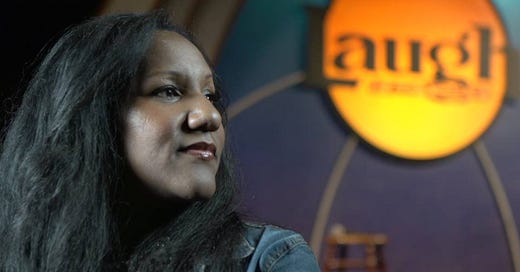Subscriptions to Shiny Herd are deeply appreciated—and they’re free! If you care about free expression and viewpoint diversity in entertainment and media, please subscribe.
Recently, someone contacted me for advice about his predicament.
This “Jon Doe” has …
Keep reading with a 7-day free trial
Subscribe to Shiny Herd to keep reading this post and get 7 days of free access to the full post archives.





